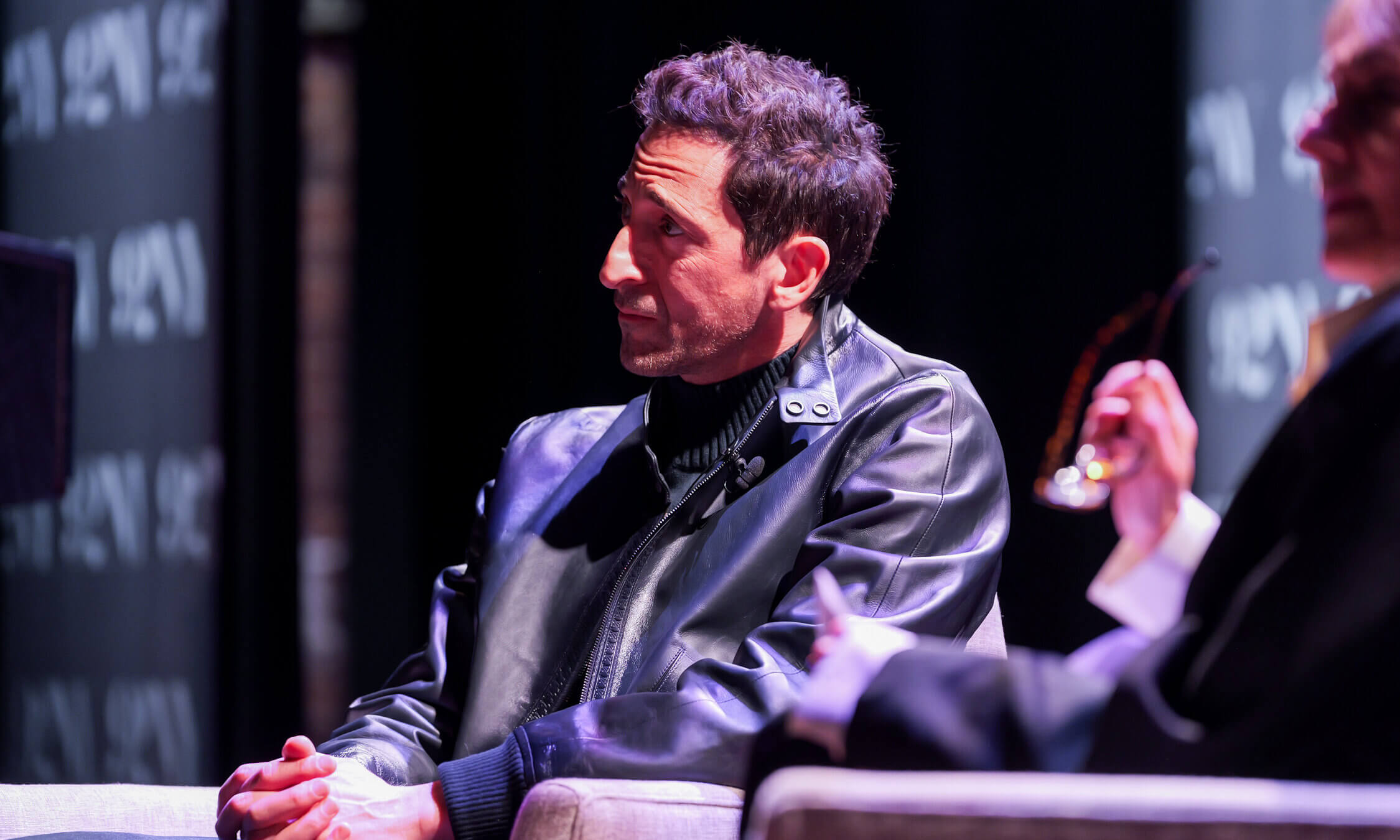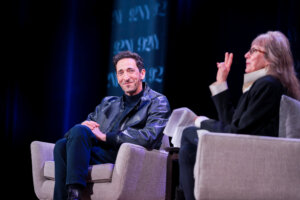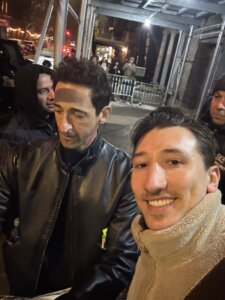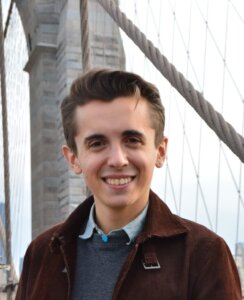Adrien Brody’s performance in ‘The Brutalist’ hits home for descendants of immigrants and Holocaust survivors
The actor spoke at the 92NY about his performance as Jewish immigrant and Holocaust survivor László Tóth.

Adrien Brody opened up about his acting career in The Pianist and his recent performance in The Brutalist at a moderated event at the 92ndY. Photo by Peter Jamus/Michael Priest Photography
At the 92nd Street Y in New York on Sunday night, Oscar-nominated actor Adrien Brody shared that his latest performance portrayed the disappointment many immigrants encounter as they move to the United States.
“They have way too much to deal with,” Brody told the crowd of over 900 attendees at the Kaufman Concert Hall. “Then they come here and realize it’s not all apple pie and cheeseburgers.”
The talk focused mostly on The Brutalist, where Brody plays fictional Hungarian Jewish Holocaust survivor and architect László Tóth. Over a nearly four hour run-time, the film charts Tóth’s journey to America after the war and his challenges while working for an old-money, Waspy family in Pennsylvania. The film is nominated for 10 Oscars, including Best Picture.
The conversation with Brody, led by longtime 92NY moderator Annete Insdorf, resonated with several descendants of immigrants and Holocaust survivors who came to the event. Many of them lingered after the talk in the snow to chat and see Brody in person.

As in the film, the Holocaust acted as an omnipresent theme before, during and after the talk. Before the interview, Insdorf — herself a daughter of Holocaust survivors — announced that Marion Wiesel, wife of Elie Wiesel, had passed away earlier that day. Brody also shared that he spoke to a Holocaust survivor and his own Hungarian grandfather to fine-tune his character’s accent.
One attendee, who said he was the son of a Holocaust survivor, told me after the talk that he believed Brody delivered an authentic performance of a survivor.
“I could tell because I lived with that,” he said, adding that his father, who he said resembled Brody, was a physician who served with the French Free Army during World War II before eventually moving to America. “It’s quite uncanny,” he said.
Brody asid during the interview that his own Hungarian grandfather provided major inspiration for his voicework as Tóth. Fans outside 92NY praised Brody’s commitment to his role, despite media controversies in recent weeks that director Brady Corbet used artificial intelligence to tweak Brody’s accent in post-production.
“He comes out as really authentic,” said Ivo Ezacka, 57, who said he saw the film twice already. “You feel that also in his role in the movies as someone who’s really for the art.”
Nikolai Levinsohn, 29, waited outside in the cold — sans hat, scarf or gloves — by 92NY’s side-entrance to meet Brody after the talk. When Brody came out, Levinsohn shook his hand and shared that he was also Hungarian. He then took a selfie with the actor.

“I come from a family of immigrants,” Levinsohn told me post-selfie. Like Brody’s family, Levinsohn’s maternal family immigrated from Hungary after the 1956 revolution. Several members of Levinsohn’s extended family also died during the Holocaust.
“Having an understanding of the background they’re escaping, a lot of the pogroms and antisemitism, and what I’ve been experiencing this year, it was touching to know that this sentiment has existed a long time in this universe,” he said, adding that Brody “beautifully portrayed” Tóth’s struggles as an immigrant to America.
“To have this movie to kind of support the immigration of not just Jews but a lot of other immigrants, finding their footing, it felt very relevant. It felt powerful,” Levinsohn said.
















